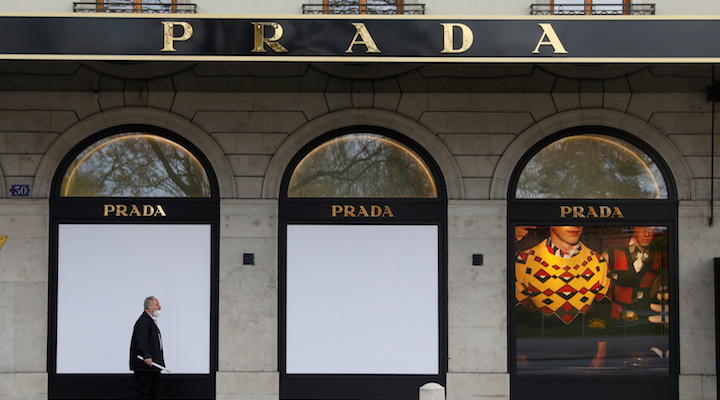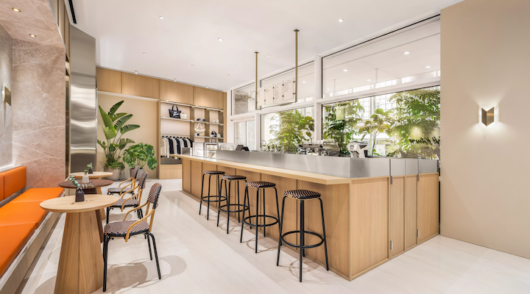Sales of luxury goods worldwide are set to fall by 23 per cent to US$258 billion this year, their largest ever drop and first since 2009, due to the fallout from the coronavirus pandemic, according to consultancy Bain.
The expected decline, despite a strong sales recovery in China, is at the lower end of a 20 per cent to 35 per cent range which Bain’s closely followed industry forecast had predicted in May.
That is due to a bigger than expected rebound during the summer, when lockdown measures were lifted or eased across the world and stores selling high-end handbags, clothes, jewellery and watches were reopened.
However, a resurgence of the pandemic in Europe and the United States since October has led to new restrictions and shop closures while uncertainty linked to the US elections also weighed on consumer sentiment.
The only bright spot is China, where sales have surged since it began to emerge from the health crisis in the spring. Sales in mainland China are seen growing by 45 per cent at current exchange rates to $52 billion this year.
“We have a two-speed world, with Europe and the US strongly hit by the second wave and by social and political uncertainty, while China is relentlessly accelerating day after day,” Federica Levato, a partner at Bain, said.
Fourth-quarter sales are expected to drop by 10 per cent, although the decline could be bigger depending on how much the new shutdowns hit the crucial Christmas season.
Revenues for the likes of Louis Vuitton owner LVMH , Hermes and Prada should partly recover in 2021, although Bain says it will take until the end of 2022 or even 2023 to return to last year’s levels.
The coronavirus crisis has accelerated three trends, Bain said, with purchases online almost doubling from 12 per cent in 2019 to 23 per cent in 2020, and e-commerce set to become the leading channel for luxury purchases by 2025.
International travel curbs have led to people buying more in their home countries, while shoppers born from 1981 onwards now account for almost 60 per cent of total purchases.
- Reporting by Silvia Aloisi and Claudia Cristoferi of Reuters.






